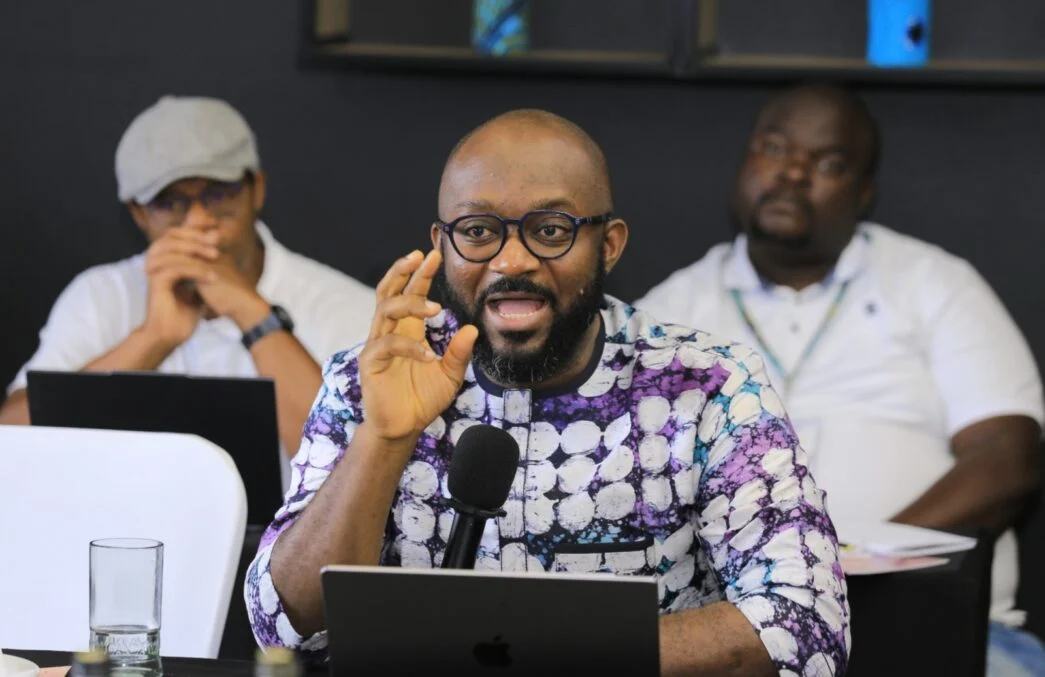310
By Myke Agunwa
As stakeholders continue to evolve political strategies aimed at strengthening democratic institutions in the country, several non-governmental organizations are in agreement that most Local Government (LG) elections fall short of electoral integrity.
Recall that on July 11, 2024, the Supreme Court ruled that the federal government should not release local government allocations to states that have no democratically elected leaders at the local government, including councils governed by caretaker committees appointed by governors.
The court also ordered that allocations to the local governments should be paid directly to the local council treasury.
Since the pronouncement, many states hurriedly started conducting local government elections.
Commenting on outcomes of recent local government elections, The Executive Director of Yiaga Africa, Samson Itodo, who spoke during a dialogue on local governance reforms, one year after the court’s judgment, convened by Agora Policy at the Shehu Musa Yar’Adua Centre in Abuja on Tuesday, said that the electoral results were manipulated in favour of the party in power.
He lamented that LG elections conducted after the supreme court’s landmark ruling on LG autonomy were a “travesty” of electoral democracy.
Itodo recalled that only 14 states had elected local councils before the court verdict, noting that the judgment triggered a rush by the remaining states to conduct LG elections.
“In fact, in 2024, we classified October as the super month of local government elections in the country because all the states rushed to conduct elections,” Itodo said.
“But the question is not in the conduct of the elections; it’s the quality of the polls. And as of last year, and after the Lagos elections, we concluded that all those elections were a travesty of electoral democracy, and they don’t meet the electoral integrity test.
“What we saw was the allocation of votes in most of those elections. That is, states and their officials would sit and allocate votes. And in most of the states, the ruling party swept all the seats.”
Also speaking at the event, Bello Yandaki, national president of the Association of Local Governments of Nigeria (ALGON), Bello Yansaid the court ruling has improved fiscal scrutiny at the local level.
According to him, many local government chairpersons are now subject to investigations by anti-corruption agencies such as the Economic and Financial Crimes Commission (EFCC) and the Independent Corrupt Practices and Other Related Offences Commission (ICPC).
“You know that the local government chairpersons do not have immunity, so it’s easy for you to hold them to account. Not that you have to wait until after his three-year term, or in some cases, four-year term, before they can be held to account,” Yandaki said.
“There are a lot of local government chairmen going to EFCC and ICPC daily to answer questions regarding fiscal accountability in their local government.
“So, if there is any tier of government where you can expect accountability—because they will be held to account because of lack of immunity—it’s the local government.”
Yandaki added that ALGON is working to build the capacity of local officials to manage public resources in more transparent and impactful ways.
On her part, Saudatu Mahdi, secretary-general of the Women’s Rights Advancement and Protection Alternative (WRAPA), said limited awareness remains a barrier to civic participation in local governance.
She said WRAPA’s research showed that over 50 percent of Nigerians — and up to 66 percent of women and persons with disabilities — lack basic information about the reforms and how they can participate.
Earlier in her welcome remarks, Ojobo Atuluku, chair of Agora Policy, said sustained reforms at the local level must go beyond court rulings and be backed by political will and civic mobilisation.
“Our goal is to provide a platform for frank dialogue, policy learning, and cross-sector collaboration,” she said.
“Each of you holds a piece of the reform puzzle, and only together can we advance sustainable and equitable governance. We recognise that policy change does not come by court rulings alone. It requires political will, institutional capacity, and civic influence.”
The event was supported by the MacArthur Foundation and organised in collaboration with African Cities Research Consortium (ACRC), TheCable and the Centre for Fiscal Transparency and Public Integrity (CFTPI).



